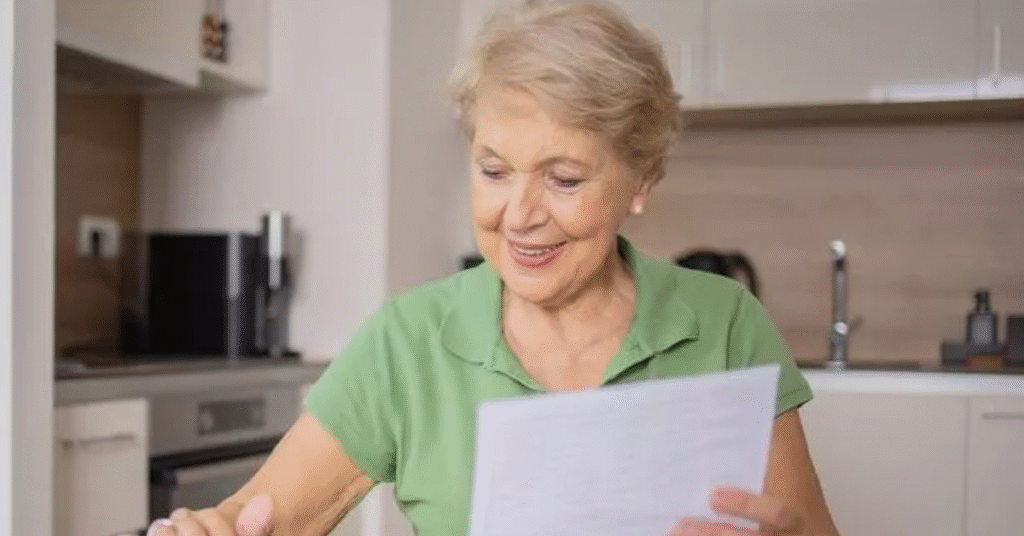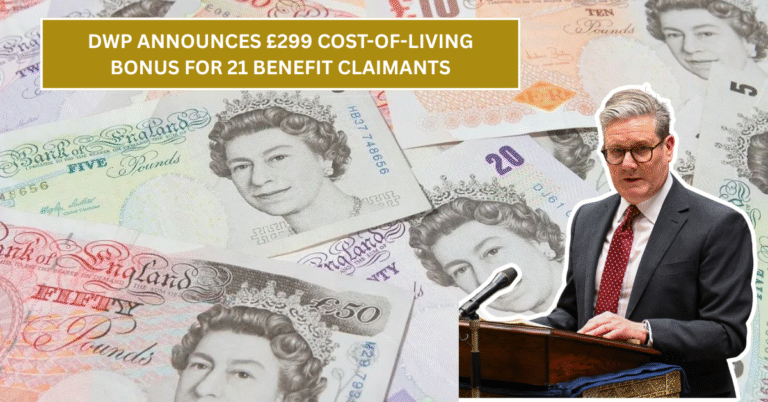
Thousands of women who are collectively owed over £1 billion in state pension underpayments may never see the money owed to them, according to leading pension expert Sir Steve Webb. The stark warning follows an update from the Department for Work and Pensions (DWP) indicating that fewer than half of the affected cases have been addressed, and efforts to resolve the problem are falling behind schedule.
Webb, a former pensions minister and current partner at consultancy Lane Clark & Peacock (LCP), has been instrumental in uncovering the error, which chiefly affects women who retired before April 2016 and had an entitlement to an upgraded basic state pension due to their husband’s National Insurance contributions. In many cases, these individuals failed to receive the automatic pension increase to which they were legally entitled.
A DWP progress report released in May 2024 shows that restitution efforts are moving far slower than initially planned. As of February 2024, only 56,000 of an estimated 230,000 affected cases have received underpayment corrections, totalling £455 million—less than half the expected total of £1.17 billion set aside by the government.
“This is a shameful situation,” said Webb in response to the figures. “Vast numbers of elderly women have been underpaid for years, and now the government is dragging its feet and is on course to miss its own correction deadline.”
Back in 2021, the DWP announced it had discovered the error and started a major correction exercise, with an initial deadline of the end of 2023. However, a subsequent update postponed the completion date to the end of 2024, and now even that timeline is under threat. Webb now fears that a significant share of those owed money may slip through the cracks entirely.
“The DWP seems to have as good as given up on fully rectifying this,” Webb said. “With every fresh release of figures, it becomes clearer that thousands of women may never get what they are due.”
One of the main issues, according to Webb, is the sheer complexity and inconsistency in historical pension records. The DWP’s systems have long been criticised for being outdated and fragmented, making the identification of eligible cases painstaking and error-prone. In addition, a growing number of women entitled to these payments have already died, raising further concerns that many families will never be compensated.
The problem primarily affects married women who reached state pension age before April 6, 2016. Under the older pension system, a woman whose husband had a full National Insurance record was entitled to 60 percent of the basic state pension, even if she had limited contributions of her own. However, DWP systems often failed to automatically increase payments when a woman’s husband turned 65 or when he died—milestones at which an upgrade should have been triggered.
Pensions ombudsman investigations and media coverage have brought extensive public attention to the issue, sparking outcry among affected families and political figures. In some cases, individual underpayments have ranged from a few hundred pounds to more than £10,000.
The DWP Has Identified Three Main Groups Affected:
1. Married women who should have received an automatic uplift when their husband reached state pension age.
2. Widowed women who failed to receive the correct widow’s pension following their husband’s death.
3. Over-80s who should have received a state pension based solely on age, regardless of National Insurance contributions.
Of these, the department has made the most progress in the widowed group, correcting payments for 53,000 individuals and paying out £347 million. However, efforts for the married and over-80s groups remain further behind, with 12,000 married women receiving corrections totalling £81 million, and 6,000 over-80s receiving £27 million so far.
Webb criticized the government for not devoting sufficient resources to fix the issue. “This is not just about money—it is about justice,” he argued. “These women did everything expected of them under the law, and now the state is failing them.”
He also warned that because of the slow pace, many women may die before their cases are addressed. This creates complications in tracing next of kin and distributing funds, putting further burdens on bereaved families.
In response, a DWP spokesperson said: “We are fully committed to ensuring that individuals receive the state pension they are entitled to. We have allocated significant resources to correct these historical errors and continue to track down those affected.”
Despite these assurances, campaigners argue that the only meaningful response now would be a major ramping-up of efforts. Webb, among others, is calling for more staff, better data analysis systems, and a proactive outreach campaign to inform families who may have missed claims.
There are also concerns that some women involved are still unaware they were ever underpaid. Because the state pension’s complexity often discourages close inspection, many may have accepted their payments without question.
“The tragedy here is that some of these women are among the poorest pensioners in the country,” said Webb. “A sum of even £30 or £40 a week could make a real difference to their quality of life.”
Webb and LCP have published guides to help women determine if they might be affected and how to contact the Pension Service to make inquiries. Nonetheless, the burden is still heavy on individuals to pursue it.
As the deadline looms and the number of resolved cases remains disappointingly low, the growing fear is that a historic injustice may go largely uncorrected—leaving thousands of elderly women short-changed in retirement.






